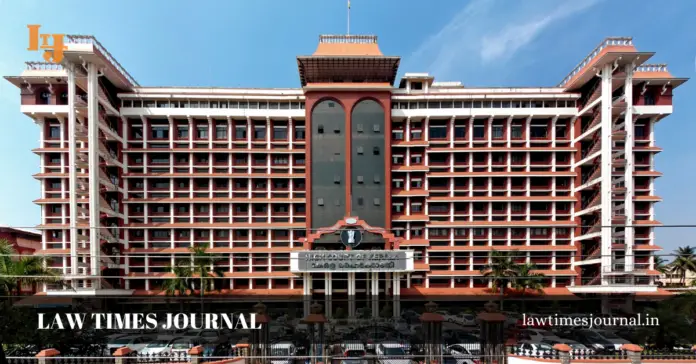
The petitioner herein is a divorced woman and has conceived through In Vitro Fertilization procedure and is in the 8th month of her pregnancy but the identity of sperm donor was kept anonymous to petitioner. The concern of the petitioner herein is regarding the formalities to be fulfilled registering the birth of her child to be born after the child is born.
According to the petitioner the Kerala Registration of Births and Deaths Rules, 1970 prescribes the form which is required to be filled for registration of birth of a child and the form contains columns that require disclosure of the name of the father of the child which the petitioner contends intrudes upon her right of privacy, liberty, and dignity.
In the case herein the Hon’ble bench noted the judgment of the Hon’ble supreme court in ABC v. The State (NCT of Delhi) (2015) 10 SCC 1 where it is held that “it is directed to the concerned authorities to issue a birth certificate for a child born from the womb of a single parent/unwed mother unless there is court direction to the contrary.”
Referring to the above-said judgment the ministry of home affairs issued a notification to that effect i.e., issuing of birth certificate without filling the blank of father name column on the form of registration for single mothers.
The contention of the petitioner is that leaving the father column on the registration form for birth interferes with the right of dignity, privacy, and liberty, of the petitioner.
The Hon’ble bench further noted the hon’ble apex court judgment in Suchita Srivastava v. Chandigarh Admn. [2009 (9) SCC 1] where the reproductive rights of women were encompassed as right under article 21.
Moreover, the hon’ble bench noted the judgment of the supreme court in the Puttaswamy case where the court held that the right to personal choice governing a way of life is intrinsic to privacy.
Lastly, it is noted by the hon’ble bench the judgment of Navtej Singh Johar v. Union of India where the right to live with dignity was elaborated.
Having observed the National Guidelines for Accreditation, Supervision and Regulation of ART Clinics in India and the Assisted Reproductive Technology (Regulation) Bill, 2020 the hon’ble bench observed that “the issuance of birth certificate leaving of a column of father blank effects the right to dignity of both mother and child and as the ART system is recognized by the state it is for the state to provide appropriate forms for registration of birth of children from such methods.”








